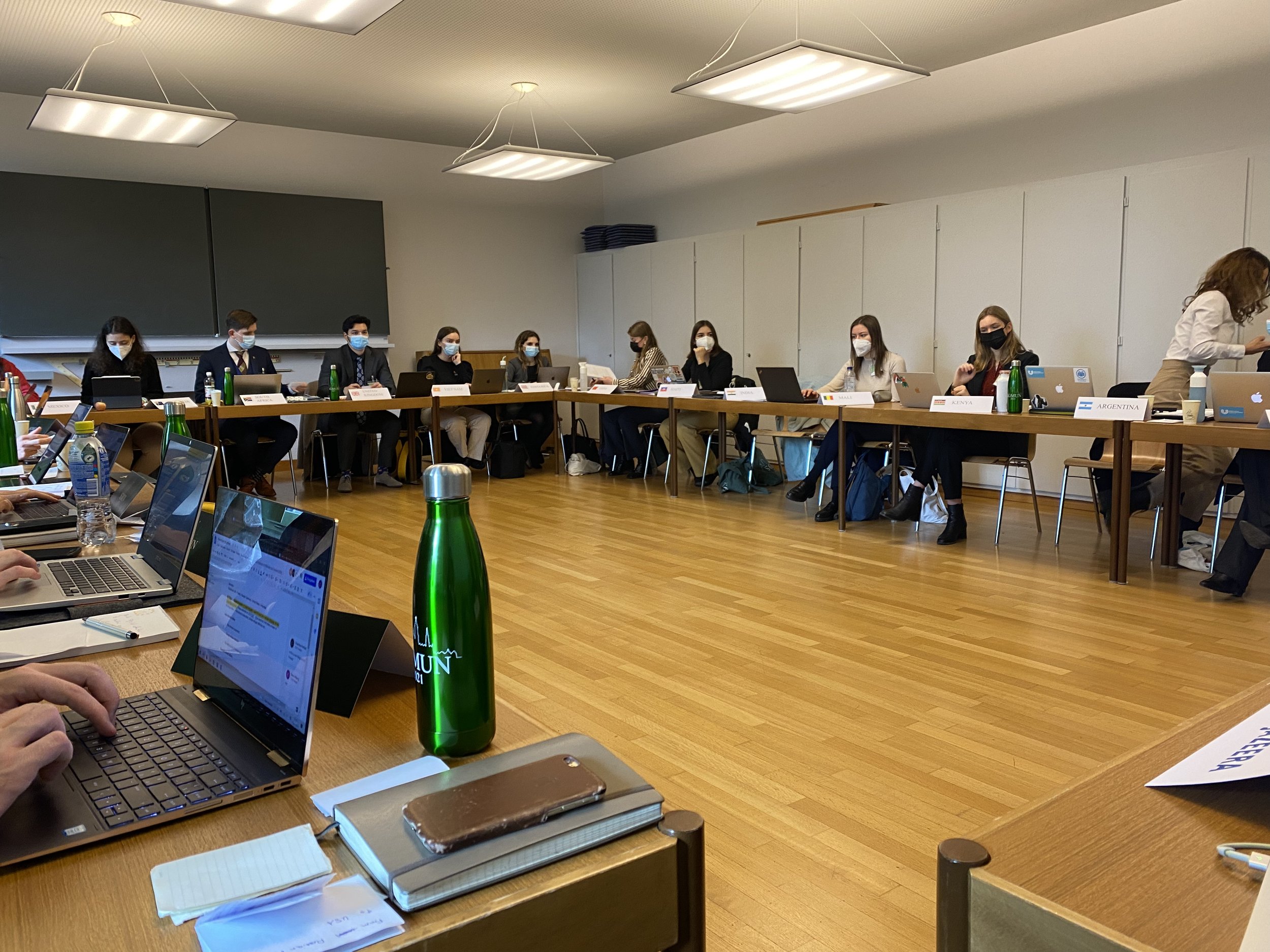Al jazeera - The UNFCCC Begins its First Day of Committee Sessions in St. Gallen
[A report on the UNFCCC’s Session 1]
This weekend the many countries’ UN delegations have gathered in St. Gallen to debate on climate change, specifically preventive measures against droughts in high risk areas, to try and find an agreement on a legal framework around the topic at hand.
The first session of the weekend began with full agreement that climate change is an imminent threat and that action must be taken immediately. However, many delegations worried that this was ‘all talk’ and were concerned that these consensual agreements will not lead to fruitful action-based solutions. The countries especially worried about this were developing countries, such as Mali, who are the most vulnerable to climate stress and have been hit the hardest by the climate change catastrophe.
Developing countries demand more
As the topic was limited to CO2 Emissions, many developing countries indirectly pointed fingers at the bigger developed countries whose emissions output is the highest. The concerns of those highly impacted by climate change was that the actions taken by them individually would not amount to any significant change of the problem. Therefore throughout the session they urged countries such as China and the US to lower their emission output and set out clear goals on how they will achieve this.
Agreeing with the smaller states, India took to the floor to demand that the US, China and most of the Western world start reducing their emissions first before anyone else as their impact would be the most crucial. India’s request comes only a week from their pledge for net-zero by 2070 at COP26. Stating that this remais the goal, India’s delegation made it clear that the committee has to make sure that those with the biggest responsibility for the damage, actually commit to solving it and coming up with solutions that will legally bind them to do so. Regarding their own goals, they stated that they are willing to adjust them if immediate action is taken soon.
Instead of directly answering demands from developing countries, China brought up and stressed the importance of common abilities of all countries. China repeatedly stated that they would like for countries to work together and that they are willing to provide financial aid to help developing countries. Even more, they urged any country able to provide financial aid to do so. The USA on the other hand failed to answer the criticism directed towards it on the topic of CO2 emissions.
The topic soon switched to tactics on how to prevent further draughts caused by climate change. Haiti opened the debate by proposing early warning systems to which Ecuador agreed to as it would be of great importance to the farmers in the country. The attention again fell on bigger, more financially stable countries as they would be able to provide aid. The USA quickly agreed with Haiti and expressed that it is willing to provide not only funding but also manpower and know-how. However, there was no mention of how they plan on implementing this and whether it will still be agreed upon in the resolution.
Reported by Timea Tia Ilič
